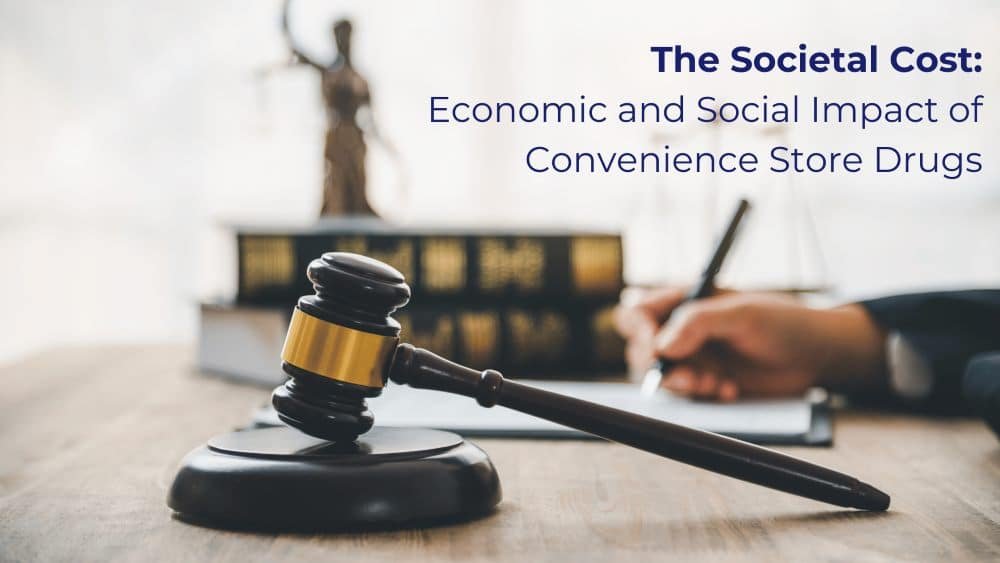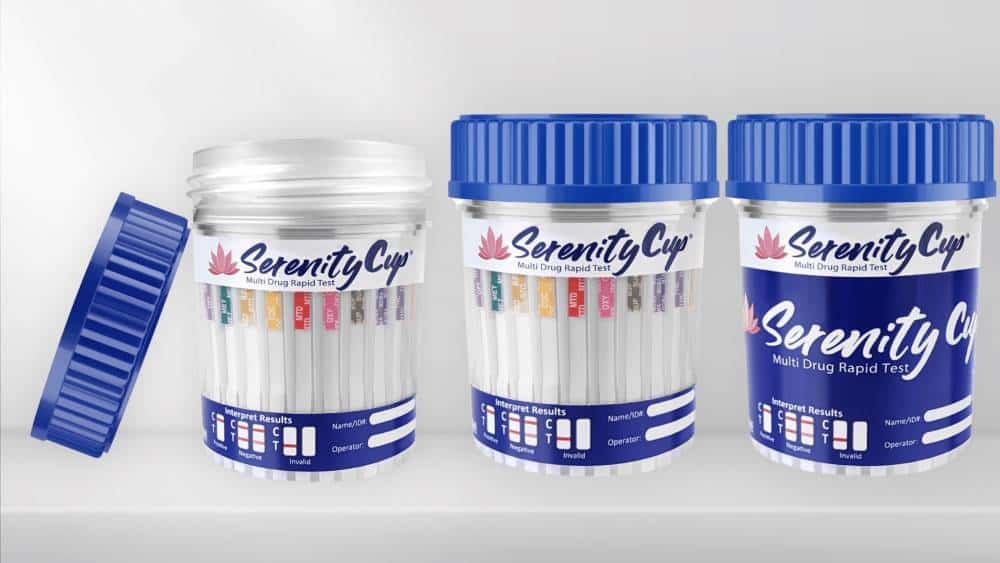The True Cost Convenience Store Substances Have on Society

Table of Contents
Among the snacks and beverages found in convenience stores lurk harmful products with far-reaching consequences—convenience store substances. These items, often found on the shelves of gas stations and corner stores, pose significant economic and social challenges to our communities. This blog post will explore the societal cost of these drugs, while focusing on their financial impacts, social impacts, and effectiveness of current policies. It will also highlight how organizations like 12 Panel Now are helping fight against this growing issue.
Understanding Convenience Store Substances
Convenience store substances, sometimes referred to as “gas station drugs”, include a variety of drugs such as synthetic cannabinoids, kratom, and certain over-the-counter medications like cough syrups containing dextromethorphan. These substances are often sold legally but can have psychoactive effects similar to illicit drugs. Their prevalence in society has been increasing, fueled by their easy accessibility and lack of stringent regulatory oversight.
The widespread availability of these substances raises concerns about their potential misuse by teens and young adults and the subsequent impact on communities. Many users, unaware of the risks involved, consume these products seeking a cheap high, often leading to adverse health effects and addiction.
The Economic Impact & Healthcare Costs
The economic implications of convenience store drugs are profound, affecting multiple sectors, including healthcare, and law enforcement. As drug use continues to rise in the United States, convenience stores are increasingly becoming a source for obtaining these substances.
One major impact of convenience store drugs is on healthcare costs. Drug abuse often leads to serious health complications that require costly medical treatments. The burden falls not only on the individual but also on the healthcare system. According to a study by the National Institute on Drug Abuse, the total economic burden of prescription opioid misuse alone in the United States is $78.5 billion per year.
The healthcare system bears a significant burden from the use of convenience store drugs. Individuals suffering from adverse reactions or addiction often require medical attention, straining emergency services. This results in increased healthcare costs. According to the National Drug Intelligence Center, drug abuse costs the U.S. healthcare system billions annually, and convenience store substances contribute to this financial strain.
Convenience store substance abuse can also lead to reduced productivity. Workers impaired by these substances may exhibit increased absenteeism, poor job performance, and higher job turnover rates. This reduces overall economic output and increases business costs due to lost productivity and the need for additional training and recruitment.
Community Safety and Crime
Communities with a high prevalence of abusing convenience store substances often see an uptick in crime rates. The presence of these substances can lead to increased theft, violence, and other criminal activities, compromising public safety and altering neighborhood dynamics.
The use of convenience store drugs also impacts law enforcement agencies. Police and other authorities must allocate resources to address the issues arising from these substances, such as public intoxication and related criminal activities. This diverts attention and funds from other critical areas of public safety.

Family Dynamics & Public Health Concerns
Drug abuse disrupts family units, often leading to strained relationships, financial difficulties, and domestic conflicts. Children in these environments may experience neglect or abuse, impacting their development and future prospects.
The misuse of convenience store substances poses significant public health challenges. Users may suffer from long-term health complications, including mental health disorders and physical ailments. The spread of misinformation about the safety of these substances further exacerbates the issue, leading to more individuals experimenting with these harmful drugs.
Legislative Measures
Current regulations concerning convenience store drugs vary widely, with some jurisdictions implementing strict controls while others have more lenient policies. Evaluating the effectiveness of these regulations is crucial to identifying areas for improvement and implementing more robust interventions.
Some states have enacted laws to restrict the sale of specific substances commonly found in convenience stores. However, the rapid evolution of synthetic drugs often outpaces legislative efforts, creating gaps in regulation that manufacturers exploit.
Suggested Policy Interventions
Policymakers are considering several measures to improve the situation, such as increasing funding for enforcement, implementing stricter penalties for non-compliance, and enhancing public education campaigns about the risks associated with these drugs.

Community Response & Local Initiatives
Communities play a vital role in combating the negative effects of convenience store drugs. By fostering awareness and supporting local initiatives, they can mitigate the impact. Grassroots organizations and community groups can organize educational events and workshops to raise awareness about the dangers of convenience store drugs. These initiatives can empower residents to make informed decisions and advocate for change.
Role of 12 Panel Now
12 Panel Now is making significant strides in addressing the issue of drug abuse through its range of FDA-approved drug testing products. By providing reliable and affordable drug tests, they enable workplaces, schools, and healthcare facilities to detect and deter substance abuse effectively. This proactive approach helps prevent the spread of convenience store substances and supports broader community health and safety efforts.

Conclusion
Addressing the economic and social impacts of convenience store substances is essential for ensuring community well-being and economic stability. By understanding the scope of the problem and implementing targeted strategies, policymakers, community leaders, and organizations can work together to curb the influence of these drugs.
Collective action, informed policymaking and community engagement are critical in tackling this challenge head-on. Through concerted efforts and continuous collaboration, we can make meaningful progress in reducing the societal cost of convenience store substances and fostering healthier, safer communities for all.
#DrugTestsInBulk #DrugTestKits #12PanelDrugTesting #ConvenienceStoreSubstances
Learn More
- NIH Launches Initiative to Support Native American-Led Research on Substance Use and Pain
- How Gas Station Drugs Are Contributing To The Opioid Crisis In America
- Law Enforcement Drug Testing
- Economic Consequences of Substance Abuse.pdf
- Economic Impact Of illicit Drug Use On American Society.pdf

